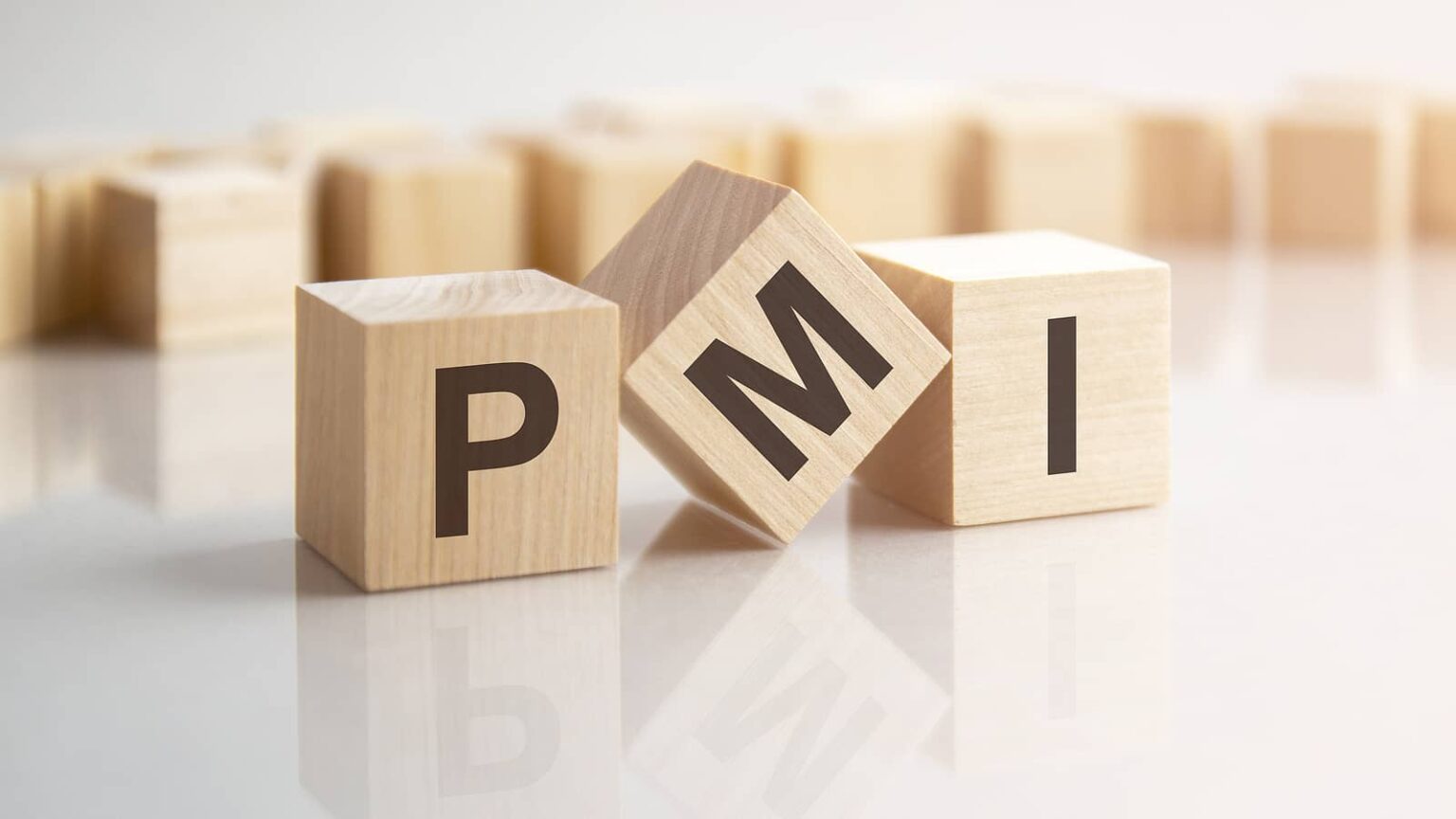Buying a home is quite a large financial decision and one that often requires a mortgage. When you apply for a mortgage, you may be required to purchase private mortgage insurance. This is an added cost that can increase your monthly mortgage payment significantly, so it’s important to understand when it’s required and how much it will cost you.
What is Private Mortgage Insurance and How Does it Work?
Private mortgage insurance (PMI), usually refers to a type of insurance that protects the lender against the danger of a defaulted mortgage. Mortgage default is when a borrower is unable to make their mortgage payments, or when certain conditions are not met – such as the requirement to keep the property insured and in fair condition. Mortgage default ultimately leads to the lender suffering a financial loss. This is where PMI comes in helpful since it acts as a safety net to reduce the lender’s risk of loss by offering insurance coverage in the event of a default.
The term “PMI” is usually used for USA based mortgages, where default insurance is mainly provided by private companies. In Canada, the largest mortgage default insurance provider is the Canada Mortgage and Housing Corporation, which is run by the Government of Canada. This technically makes it publicly run mortgage default insurance. There are other private Canadian companies that offer this type of insurance, mainly Sagen and Canada Guaranty. For simplicity, we’ll be referring to all mortgage default insurance as PMI throughout this article.
When a borrower puts down less than 20% of the home’s total purchase price, PMI is typically required. The reason for this is that a smaller down payment entails a greater risk of default for the lender, requiring the requirement for PMI. Interestingly, since there is no significant government agency that oversees private mortgage lenders, it is challenging for any insurance provider to offer insurance on mortgages.
So, what happens if you’re required to get it? Basically, if you’re getting a mortgage with less than a 20% down payment, PMI is mandatory, and is paid once when the mortgage is set up. It’s important to note that PMI is only meant to protect the lender, not you, the borrower. In a situation where you (for some reason) can’t pay your mortgage anymore, the insurance payout goes straight to the lender; not you. That’s why it’s essential to read the terms of the policy and know what you’re getting into before agreeing to PMI. You’ll still be responsible for paying the remaining balance of your mortgage, even if the lender gets some help from the insurance company.
When is Private Mortgage Insurance Required for Homebuyers?
When considering a mortgage, it is vital to understand the ins and outs of private mortgage insurance (PMI). This type of insurance is typically required when the homebuyer’s down payment is less than 20% of the property’s purchase price. Lenders see buyers who put down less money as having a higher risk of default, this is a fairly logical assumption. But unfortunately, as a result, they require mortgage insurance to protect themselves in the event of default.
But wait, there’s more! Even if a buyer puts down more than 20%, private mortgage insurance may still be required. This may happen if the lender thinks the borrower’s credit score isn’t good enough or if they find out they’ve made late payments or filed for bankruptcy in the past. It’s like navigating a labyrinth of rules and regulations!
If you are required to pay PMI, it might seem like just another expense, but it can really help if you don’t have enough money to put towards a large down payment. Let’s take a closer look at the PMI cost.
How Much Does Private Mortgage Insurance Cost?
The down payment size will have an impact on the price of PMI since a bigger down payment will translate into cheaper PMI payments. The kind of property you purchase, your projected mortgage repayment period, and your credit score are further considerations.
When the true cost of your PMI is considered, it is frequently a percentage of the total amount of your loan. For instance, you would have to pay about $3000 every year if your PMI rate is 1% and you had a $300,000 mortgage. Until a particular percentage of your mortgage was paid off, this expense would be added to your monthly mortgage payment and stay with you.
Can You Avoid Private Mortgage Insurance When Buying a Home in Ontario?
There are a couple of options available to you if you’re a home buyer looking to avoid private mortgage insurance. First off, you can try to make a larger down payment. This way, if you can manage to fork over 20% or more of the purchase price, you might be able to avoid PMI altogether.
Another possibility is to team up with a private mortgage lender. The upside of this approach is that private lenders aren’t regulated by the government and thus don’t require PMI. But it’s important to keep in mind that private lenders may impose higher interest rates and fees than traditional lenders, so make sure to tally up the overall costs before committing.
In a nutshell, private mortgage insurance is a pesky add-on that can push up your monthly mortgage payment. It’s usually a must when you make a down payment of less than 20%. The expense of PMI can be all over the map depending on a range of factors, and it’s an extra fee that you’ll have to cover monthly until you hit 20% equity in your home. Though it may be possible to avoid PMI by making a larger down payment or working with a private mortgage lender, remember to consider the overall expense of each option. If you need help navigating these steps in securing a mortgage, we at the Mortgage Broker Store can help. So please do not hesitate to reach out if you’re facing any difficulties.



